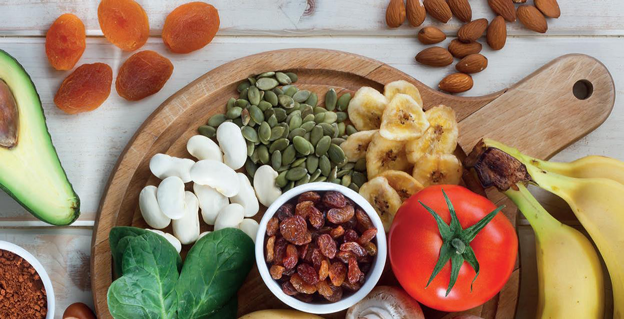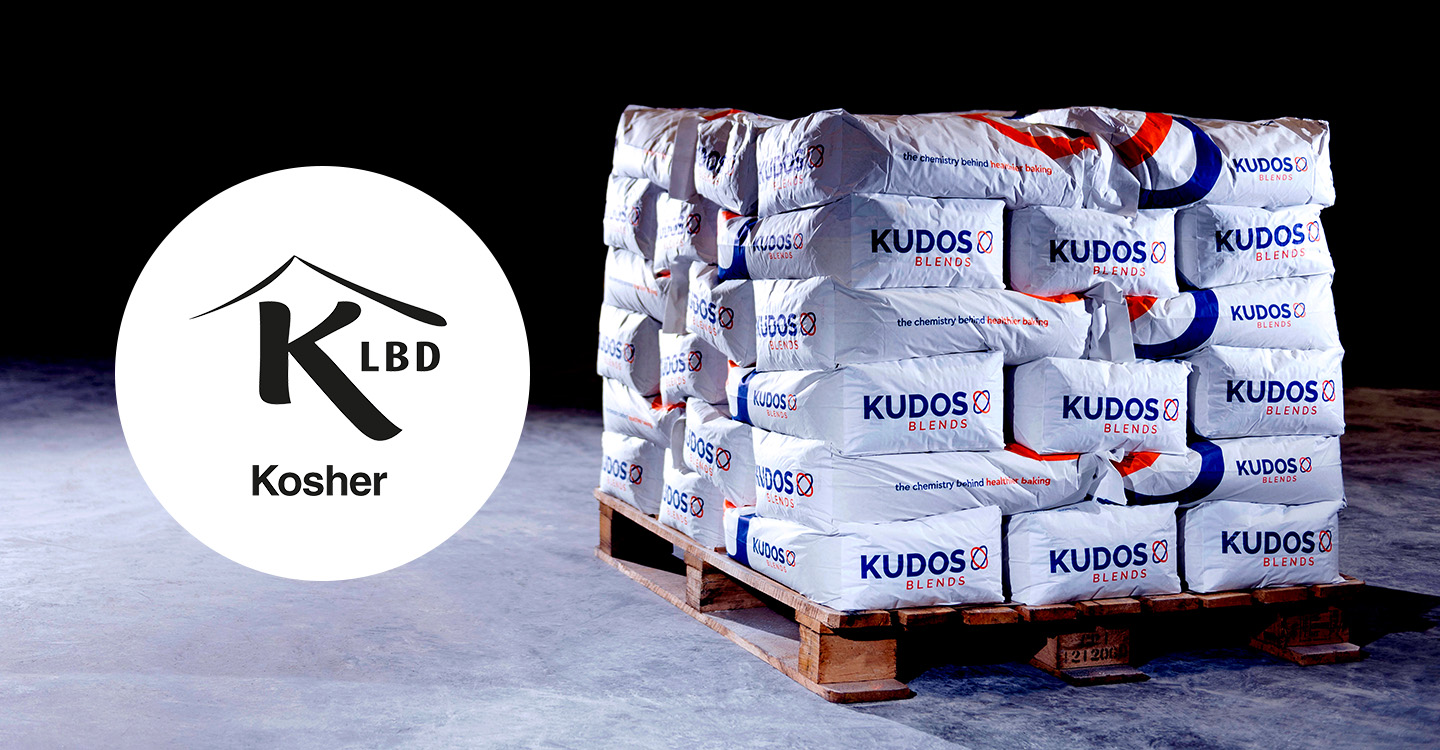In the fight to reduce dietary sodium and improve global cardiovascular health, potassium-based ingredients offer the ideal solution to replace their sodium-based counterparts and reduce the incidence of heart disease.
The benefits of potassium
As an essential mineral in our diets, potassium influences several biological processes that are crucial for maintaining a healthy body. Its primary function is to maintain fluid levels inside the cells; however, potassium also influences hormone activity, nutrient transportation, nerve signalling and bone health.
Potassium also plays a key role in limiting the risk of cardiovascular disease (CVD) by reducing blood pressure. It achieves this by relaxing blood vessel walls and helping the body remove excess sodium through the kidneys. This in turn reduces the volume of water in the blood, which alleviates pressure on the circulatory system, ultimately lowering the risk of heart attacks and strokes.
Potassium and sodium imbalance
Although sodium and potassium are both essential minerals, the right balance in our diets is crucial for maintaining healthy blood pressure. For most people, significantly more potassium is needed than sodium, yet the modern diet often contains the opposite. The average global intake of sodium is 4.31g/day, over double what is recommended by the World Health Organization (WHO). Conversely, the average global potassium intake is 2.25g/day, over 1g lower than is recommended. This has resulted in WHO listing potassium as one of the world’s shortfall nutrients.
This drastic imbalance has contributed to CVD being the leading cause of mortality around the world, with around 10% of cases being linked to excess sodium in the diet. Reducing sodium in the diet is a key factor in reducing these numbers, however, increasing potassium can be just as beneficial. For every 1g increase in sodium per day, there is an 18% increased risk of CVD. In contrast, for every 1g increase in potassium per day, there is an 18% decrease in CVD risk.
How can we increase dietary potassium?
Potassium is naturally present in many fruits and vegetables. However, modern diets instead contain a large proportion of processed foods. These are often low in potassium yet high in sodium, with around 75% of our sodium intake from processed foods in the form of salt or other sodium-based ingredients.
Although it is clear that increasing fruit and vegetable intake should be the primary strategy to improve our diets, utilising potassium-based ingredients can have a profound benefit to cardiovascular health, particularly for those who struggle to move away from ultra-processed diets.
In 2017, the Scientific Advisory Committee on Nutrition (SACN) and the Committee on Toxicity (COT) reported the overall benefits of using potassium-based ingredients to replace their sodium-based counterparts, a major step in providing food manufacturers with the confidence to improve the nutritional profile of their products.
Here at Kudos Blends, our PELL™ K low-sodium baking powders and KODA™ Potassium Bicarbonate have helped bakery manufacturers around the world improve the nutritional content of their baked goods while maintaining taste, texture and appearance. With simple changes like these, we can help rebalance dietary sodium and potassium to support the cardiovascular health of consumers around the world.











